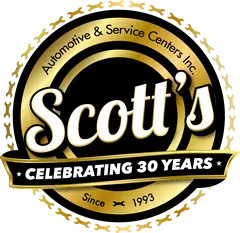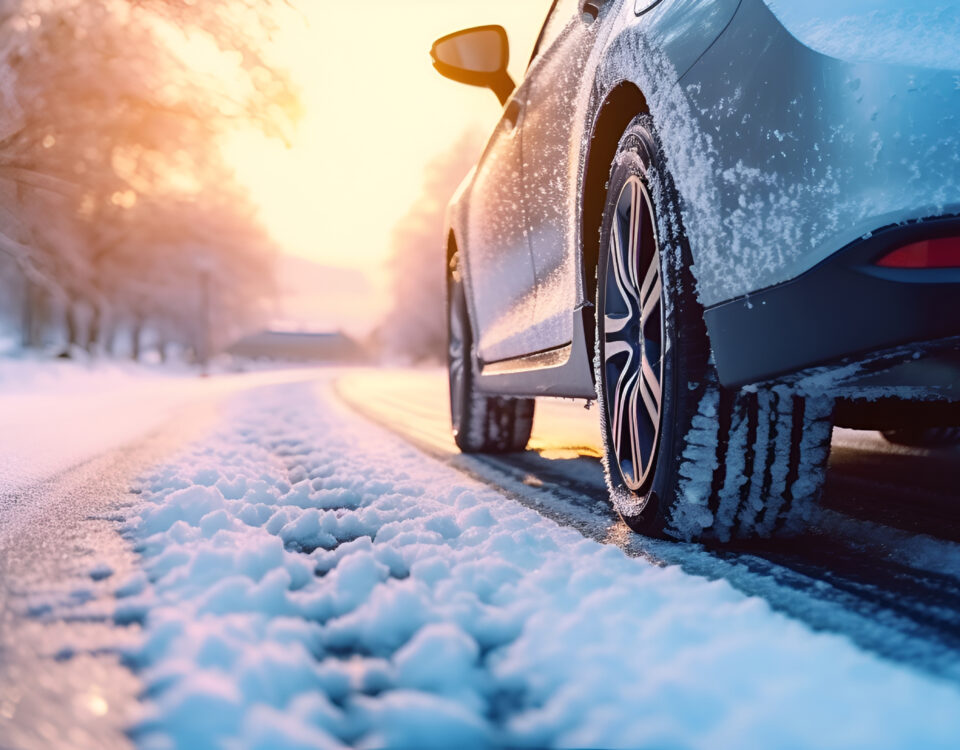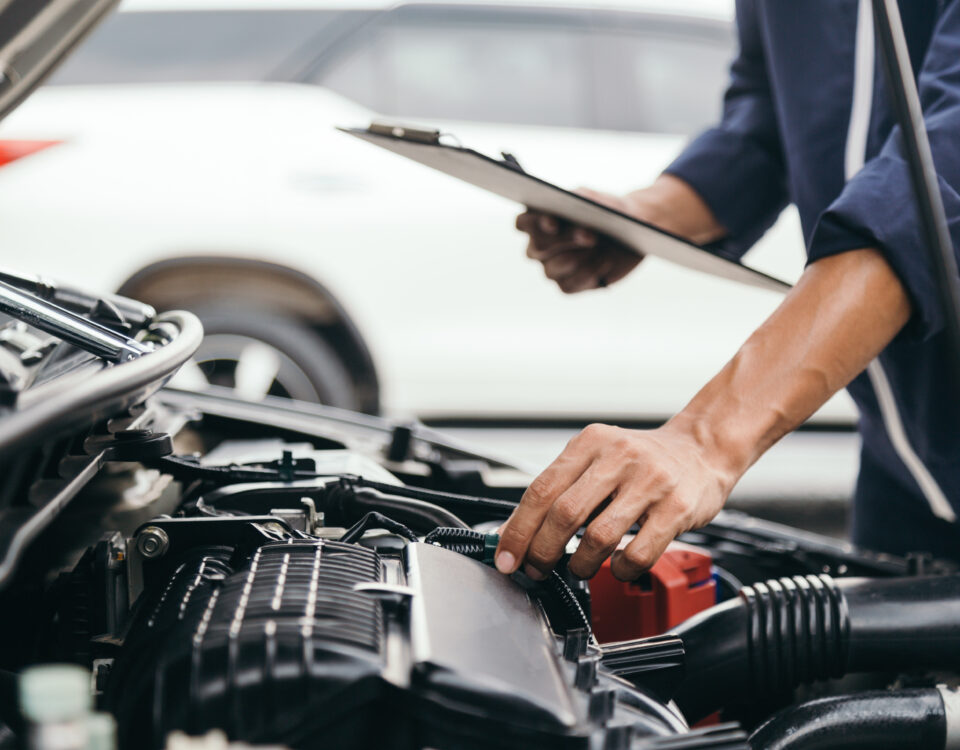What is a Slipping Transmission?
May 4, 20166 Steps to Avoid Costly Car Repairs
May 17, 2016When you’re cruising along the highway with the windows down and the music up, it’s easy to forget what could happen if you have to brake suddenly. Hopefully your brakes are in good condition and you can stop without incident. However, if the brakes are wearing out, you could be in trouble. Look for these five signs you need to bring your car to Scott’s Fort Collins Auto & Repair to have the brakes checked.
Thinning Brake Pads
Most modern cars today feature disc braking systems. These work much the same as the brakes on a multi-speed bicycle. High-pressure brake fluid squeezes padded clamps called calipers against a brake disc located in each wheel. The friction between each pad and disc causes the car to stop. Over time, the friction wears down the brake pads, making them less effective at slowing your vehicle.
You can check brake pad thickness yourself. Simply peek behind the hubcap on each wheel to find the shiny brake disc inside. (If you can’t see through the hubcaps, you need to remove them or possibly even the whole tire to check the brake pads.) Around the outer edge is the caliper, and between the caliper and the disc is the brake pad. Pads should be about one-quarter-inch thick. If yours are noticeably thinner, it’s time to get them replaced.
Warning Sounds
Carmakers know you don’t want to spend time checking your brake pads every week, so the pads are designed to emit a high-pitched squealing sound when they start to wear out. The sound is usually loud enough to hear even with the windows up.
In addition to this warning sound, you should also listen for any grinding while braking. This means you have worn through the brake pads entirely and the metal calipers are scraping directly on the brake discs. Have the pads replaced immediately to prevent damaging the discs.
Steering Troubles
When you take your hands off the wheel, the car should travel completely straight. If you experience a strange pulling sensation at times, one of the calipers could be stuck. This causes friction on one wheel but not on the others, resulting in the feeling that your car has a mind of its own.
Another reason for a pulling sensation is if the brake hose has collapsed, causing the calipers to move unevenly. In this case, the pulling only occurs when applying the brakes.
Of course, pulling may be caused by a variety of problems, such as worn tires, poor alignment or suspension issues. If your car begins to pull, take it to a mechanic without delay to pinpoint the problem.
Vibrating Brake Pedal
If you’ve ever had the antilock braking system kick in on an icy road, you know what a vibrating brake pedal feels like. This action comes from the quick grabs the system applies to the brake discs to slow the car without the brakes locking up. The pedal should only vibrate in rare instances on icy roads. If you feel it on dry roads, your brakes have a problem.
Vibrating usually signifies a warped brake disc. The uneven surface beats against the brake pads as the wheel turns, transmitting back to the brake pedal as a pumping vibration. Discs can become warped from the extreme heat of braking heavily down steep mountain roads or while towing a large load.
Mushy or Grabby Brake Pedal
If you find you have to push the pedal all the way to the floor before the brakes engage, you could have worn pads or a fluid leak. To check for a leak, place a piece of cardboard under your car overnight. Check to see if any fluids accumulate. Brake fluid is the consistency of cooking oil and has the same light color.
A grabby pedal has the opposite problem, activating intensely at the slightly touch. This could mean the brake fluid is contaminated, something you can fix simply by changing out the fluid. Of course, the discs could also be worn unevenly, which requires resurfacing to smooth them out.
You need to address brake problems as soon as possible to prevent an accident. Don’t put off this repair until it’s too late! To schedule brake repair services, please contact Scott’s Fort Collins Auto & Repair online or call us at (970) 682-4202.




